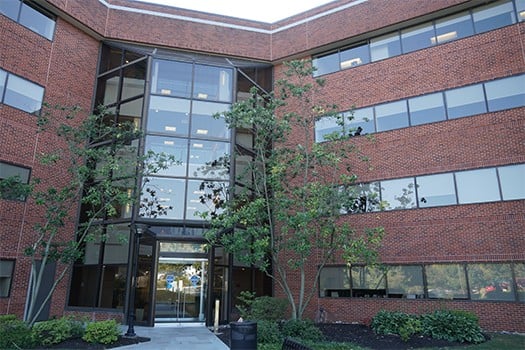Frequently Asked Questions About Commercial Leases
Leasing a commercial property can be a great solution for many businesses. However, lease agreements and commercial landlord-tenant relationships can be complex.
Your lease could affect the success of your business location. Based in Pennsylvania and serving nationally, Lanard and Associates can help you negotiate the best terms to protect your business. Before entering into a lease agreement, call 215-392-0030 or email us to review the details.
Why Is The Personal Guaranty In A Lease Important To Negotiate?
The personal guaranty will mean that you are personally liable to the landlord for any financial obligations under the lease. If you default in year two of a 10-year lease, for example, you could be personally liable for 8 years of rent if the personal guaranty is not limited. This is likely to be a huge financial burden. There are many ways that we can negotiate limitations on a personal guaranty in a lease.
Additionally, it is important to make sure that any personal guaranty is released upon assignment of the lease. If you sell the business to another party, you do not want to be required to remain a guarantor of that other party’s (your buyer) financial obligations to your former landlord.


Can I Negotiate Down My Operating Expenses?
There are several elements that affect the final cost of leasing a property. In a typical triple net commercial lease you will be required to pay your prorated portion of the operating expenses of the shopping center or building. You may be able to reduce the final monthly charge by negotiating the exclusion of certain costs, such as those for repairs caused by other tenants, capital expenses of the landlord and management fees.
What Kind Of Permits Will I Need Before Building Out The Leased Premises?
The necessary permits, such as construction and land use permits, will depend on the local laws and regulations. To avoid problems, adding a permit contingency to your lease agreement is recommended. If you are unable to secure the correct permits, this contingency can allow you to safely back out of the lease.

Is My Landlord Allowed To Prevent My Business’ Sign From Being Displayed?
Unless you specify signage rights and contingencies in the lease, a landlord may require you to move or remove your sign. You can also negotiate terms to display your business’ sign on a pylon or monument if one is available for the property. Typically, it is a good idea to get signage preapproval from both the landlord and the local municipality.
What Should I Do If My Landlord Fails To Make Necessary Repairs?
Your lease should specify the type and time frame of repairs for which the landlord is responsible. In addition, the lease should give you the ability to withhold rent or complete repairs yourself if the landlord fails to abide by the agreement. Negotiating the maintenance obligations and provisions for tenants’ rights if landlord breaches is important to the future success of a business.

The Real Estate Broker Negotiated My Lease Terms And I Have A Letter Of Intent (LOI). Why Do I Need To Have An Attorney Review And Negotiate The Lease For My Business? Isn’t The Lease Just Boilerplate?
Leases are extraordinarily negotiable documents, and we negotiate almost every section of a lease. For example, some terms we negotiate: we add representations and warranties of the landlord; we make sure you can assign the lease if you sell the business; we limit the personal guaranty that you will have to sign; we soften the remedies the landlord has if you are in default; we make sure you have notice and opportunity to cure a default; we have a list of 28 items to exclude from the operating expenses that are passed through to you in a triple net lease (this can save you money on your bottom line); and much more.
The LOI just incorporates the business terms that were negotiated; the lease includes everything else. The lease can make or break a retail tenant/franchisee.
If we reviewed your franchise agreement for you, it makes even more sense to hire us to review and negotiate your lease as we are already familiar with your franchisor’s requirements that must be included in the lease.
Can My Landlord Relocate My Business Without My Consent?
Moving business locations can be extremely costly. Relocating might also affect how customers and clients perceive or interact with the business. However, if your lease grants the landlord the ability to relocate your business at will, they may decide to exercise that power.
Before signing a lease, you can negotiate terms of relocation. For example, you can place a limit on the possible new locations or require the landlord to pay the costs of relocating, including all ancillary costs such as signage, etc., you can place limits on what time of year or month or day that the move can or cannot occur, etc.

Contact Lanard and Associates To Learn More
If you plan on signing a commercial lease, call 215-392-0030 to discuss your options with an experienced team of attorneys. You can also contact us online.


